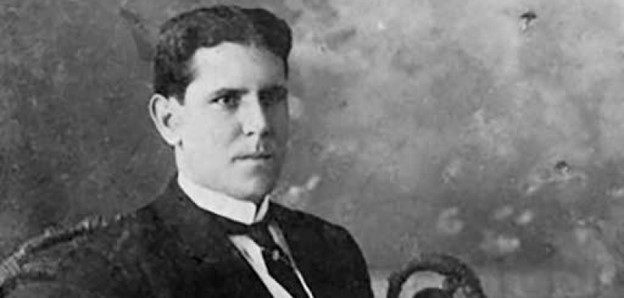
The Havana pimp was the dandy who dazzled everyone while riding his white braided-tail steed or walking his greyhounds through the streets of the capital
By Yunior García Aguilera (14ymedio)
HAVANA TIMES – Yarini has become news again. The great Havana pimp, the most bastard of national heroes, the greatest sex symbol of our myths, returns to the Cuban scene thanks to Carlos Díaz and theatre company El Público. Obviously, the regime’s moralistic halitosis has exhaled its discontent on social media. Why so? Well, because Yarini is not an accepted theme in the murals of the CDRs (Committee for the Defense of the Revolution,), but his tomb continues to receive flowers; because his name is not listed in the pantheon of the PCC (Cuban Communist Party), but it continues to inspire artists and poets. However, what irritates the one-party terrorists the most is not Yarini’s heterodox morals, but the neighborhood where he sculpted his legend, a name they would rather erase from all our maps today: the neighborhood of San Isidro.
Alberto Manuel Francisco Yarini y Ponce de León was not just a pimp. If he had not died in the “war of the pant flies,” perhaps he would have held a position as a representative to the House for the Conservative Party, and who knows if his popularity would have brought him to the highest chair in the Republic. His funeral was attended by more than 10,000 people, including President José Miguel Gómez. His friends refused to load his coffin in the imperial hearse and decided to carry it on their shoulders to the Colón cemetery. Enrique José Varona was the first to place his signature on his obituary. Sindo Garay and Manuel Corona shared friendship and songs with him. His “ekobios” [brothers or friends in the Lucumí religion] sang the dirge “Enlloró” before the cemetery walls.
Yarini was the dandy that dazzled everyone while riding on his white braided-tail steed or walking his greyhounds through the streets of Havana. He had attended the best schools in Cuba and the United States. But he was also the guy willing to help the abused, rubbing shoulders with the disadvantaged, admiring and defending patriots who had lost favor.
One of the anecdotes that started his popularity occurred in the café El Cosmopolita. Yarini and other young men were chatting with Major


